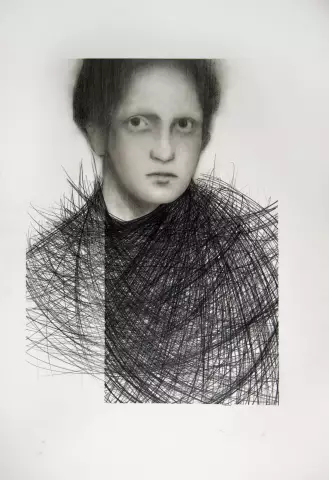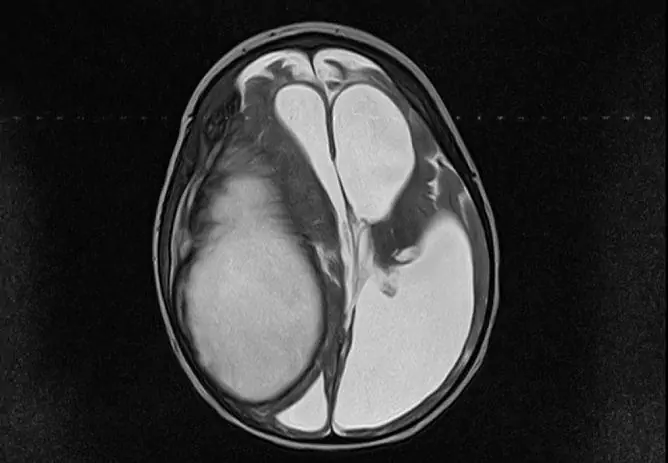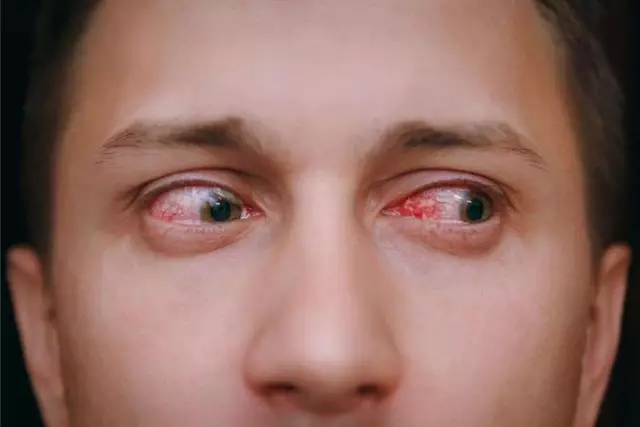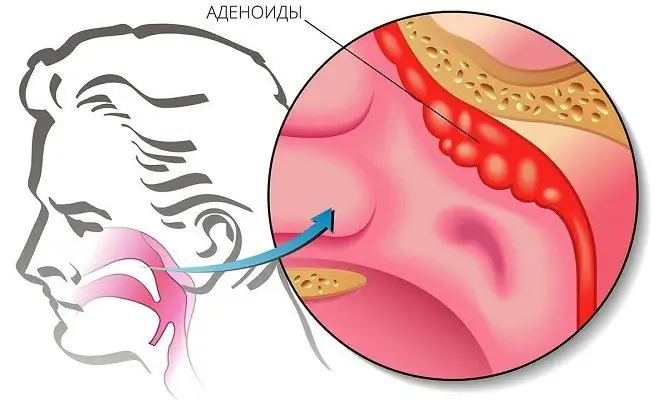- Author Rachel Wainwright wainwright@abchealthonline.com.
- Public 2023-12-15 07:39.
- Last modified 2025-11-02 20:14.
Enotherapy - wine treatment

Probably every person knows about the dangers of alcohol, even the one who ignores this harm for the time being. But the fact that alcohol can be useful not only as an improvised means for treating wounds, not everyone knows. In this case, we are talking only about one of the types of alcoholic beverages, namely natural grape wine. Our today's conversation is about how to determine the line between benefits and harms, as well as indications and contraindications for enotherapy.
Why is wine healthy?
Natural wine is truly a storehouse of useful substances. We habitually remember only about its alcoholic and aromatic components, but in addition to alcohol, wine contains polyphenols, a large amount of minerals - iron, zinc, copper, manganese, almost all vitamins of group B, PP, tartaric, salicylic, malic acids, macroelements potassium and calcium, flavonoids, tannins and others. Most of these chemical elements and compounds are also contained in grapes, making it an extremely useful food product, even the method of treatment with grapes is known - ampelotherapy, one of the branches of nutritional medicine, food treatment. But some substances, such as polyphenols, are found in grapes only in the seeds and skins, that is, those parts that are usually not eaten.
Why are polyphenols so useful? These substances are powerful antioxidants, that is, they prevent the formation and spread of free radicals - proteins that cause aging and cell mutations. Free radicals contribute to the development of serious diseases such as malignant tumors of various organs, Alzheimer's disease, Parkinson's disease, atherosclerosis and other metabolic disorders. However, it should be borne in mind that polyphenols are found only in red wine, since in its production both grape seeds and skins are used, and in the production of white wine, these parts are removed.
For the first time, antioxidants in red wine were discovered, of course, by the French biochemist Jean Masquelier from Bordeaux, and this discovery radically turned doctors' ideas about this drink.
Wine also has other beneficial properties, for example, a pronounced antimicrobial activity. It is known that the causative agents of tuberculosis, typhoid and cholera, as well as the viruses that cause polio and influenza, do not survive in wine. Historical fact: during the Middle Ages, cholera epidemics were stopped by disinfecting water with wine. Mulled wine - warmed red wine with sugar and spices, has long been considered in Europe the best remedy for colds, and, as we see, for good reason.
A glass of good wine, drunk at night, can promote sound sleep, and during the day it can relieve nervous tension just like an antidepressant.
The healing properties of red and white wine
Red wine increases the secretion of bile in the gallbladder and improves its excretion, which is why red wines help to digest heavy foods, such as fatty meat dishes. Red wine also removes radionuclides and other toxins from the body, therefore, for preventive purposes, it is recommended for those who work in industries associated with increased radiation and toxicological hazards. But the main thing for which doctors advise red wine is a beneficial effect on the cardiovascular system. It cleanses the coronary vessels, preventing the formation of cholesterol plaques, improves the nutrition of the heart muscle, and improves blood circulation. Because of these, as well as the antioxidant properties of red wine, the French say: "Wine is the milk of old people."
White wines have a diuretic property, which is used for some diseases of the kidneys and bladder, it is also a fairly effective remedy for the prevention of joint inflammation, and white wine is also recommended for stimulating appetite and anemia.
It is believed that red wine promotes relaxation, while white, on the contrary, tones up.

How to choose a dosage
Of course, abuse of such a drug can cause many unwanted consequences. But before scolding wine for this, remember that this applies to all drugs, without exception. Many of them are addictive, and almost all are poisoning with a significant excess of the recommended dose, both acute and chronic.
All the healing properties of natural wines are manifested only with their moderate and regular use. Moderate from a medical point of view is a glass or two for women, and two to three glasses a day for men. This corresponds to approximately 200-400 grams of beverage. The danger lies in the gradual increase in the amount of drunk intoxicated drink, therefore, knowing about the existing risk, it is necessary to carefully monitor so that this does not happen.
Contraindications to enotherapy
Are there any contraindications to wine treatment? Certainly. First of all, wine is forbidden to children. In this case, the harm of exposure to the child's body, in which metabolic processes proceed differently, significantly exceeds the possible benefits of enotherapy, and therefore the risk is completely unreasonable.
Wine is not recommended for women during lactation and pregnancy. However, the recently published results of studies conducted in the UK with the participation of 11 thousand pregnant women, and then their children, whose development was traced up to 7 years, convincingly proved that small amounts of good natural wine (175 ml or less) did not bring them anything but benefit. …
Wine treatment is strictly contraindicated in alcoholism, regardless of whether a person has recovered from this ailment, or is currently suffering from it. It is also not recommended to consume even small amounts of wine for people with liver diseases, pancreas and kidney failure, suffering from epilepsy and mental illness, as well as depression - due to the difficulty of self-control in this state.
Wine can cause undesirable effects when interacting with medicinal drugs, so if you are undergoing a course of drug therapy, it is better not to combine it with taking even small amounts of wine.
Found a mistake in the text? Select it and press Ctrl + Enter.






